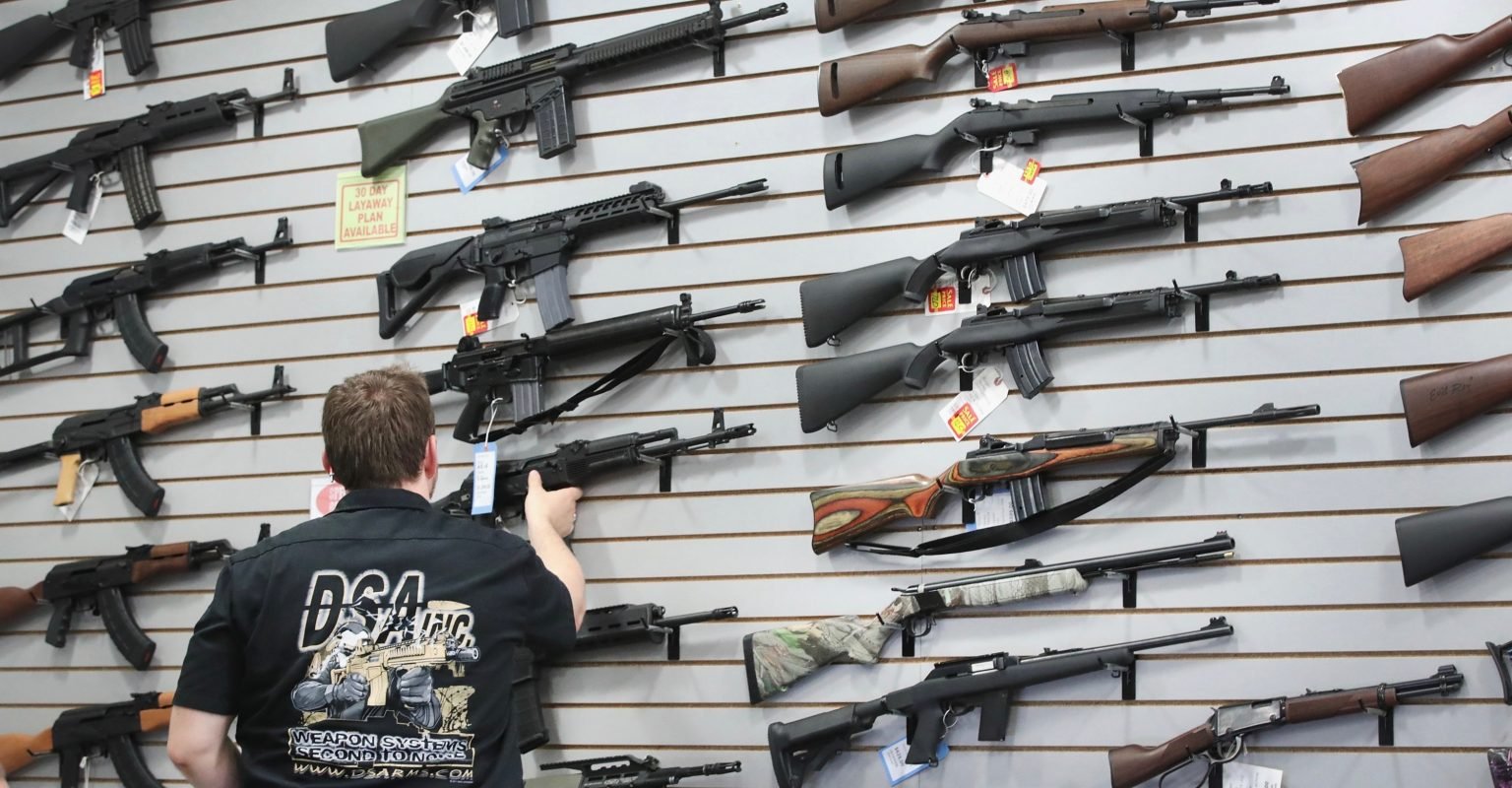
Operating a gun store presents a unique set of challenges compared with those faced by other retail businesses. Beyond the typical hurdles of running a small business, gun store owners navigate a complex landscape of legal restrictions and a constantly evolving market. This article discusses some of the key challenges facing FFLs today.
1. Navigating a Labyrinth of Laws and Regulations:
The firearms industry is heavily regulated at the federal, state, and even local levels. Gun store owners must possess a Federal Firearms License (FFL) and comply with the Gun Control Act of 1968, which dictates strict record-keeping requirements, background checks, and restrictions on certain types of firearms. Beyond federal law, states and municipalities often impose their own regulations, leading to a patchwork of varying requirements across the country. These can include limitations on magazine capacity, restrictions on the sale of certain types of firearms (like assault weapons), waiting periods, and specific licensing requirements for both the dealer and the purchaser. Staying compliant with this complex and often changing web of regulations requires significant time, resources, and legal expertise. Even minor infractions can result in hefty fines, license revocation, or even criminal charges, making compliance a constant and significant challenge.
2. The Burden of Background Checks and Record Keeping:
A core responsibility of gun store owners is conducting thorough background checks on potential buyers. This involves utilizing the National Instant Criminal Background Check System (NICS) to ensure that the purchaser is not prohibited from owning a firearm due to a criminal record, domestic violence conviction, or other disqualifying factors. While the NICS system is designed to be efficient, delays and errors can occur, creating difficulties for both the seller and the potential buyer. Furthermore, meticulous record-keeping is essential. Gun stores are required to document every firearm sale, including details about the firearm, the buyer, and the transaction. These records must be maintained for years and are subject to inspection by law enforcement. The sheer volume of paperwork and the potential consequences of errors make record-keeping a significant administrative burden and a potential source of legal vulnerability.
3. Social Responsibility:
Gun stores are often seen as either defenders of Second Amendment rights or contributors to the problem of gun violence, depending on individual perspectives. Most gun store owners feel a strong sense of responsibility to ensure that firearms are sold responsibly. Balancing the right to sell firearms with the need to prevent misuse is a constant challenge.
4. Economic Volatility and Market Fluctuations:
The firearms market can be volatile, influenced by political events, mass shootings, and changes in legislation. After a mass shooting or a political event that sparks debate about gun control, there can be a surge in firearm sales as people fear stricter regulations. Conversely, after periods of political calm, sales may decline. These fluctuations make it difficult for gun store owners to predict demand and manage inventory. Overstocking can lead to losses if demand drops, while understocking can mean missed sales opportunities. Furthermore, access to financing can be challenging for gun stores due to the controversial nature of the industry, making it harder to manage cash flow during periods of market instability.
5. Competition and Changing Consumer Preferences:
Like any retail business, gun stores face competition. In addition to other brick-and-mortar stores, they also compete with online retailers and big-box sporting goods stores. Online sales, while subject to FFL requirements, can offer lower prices and a wider selection, putting pressure on smaller gun stores. Consumer preferences are also evolving. The rise of online forums and communities has made consumers more knowledgeable about firearms, and they often demand a higher level of customer service and expertise from gun store staff. Gun store owners must adapt to these changes by offering competitive pricing, providing excellent customer service, and building a strong reputation within the firearms community.
Conclusion:
Operating a gun store is far more complex than simply selling a product. It requires navigating a maze of regulations, managing intense public scrutiny, and adapting to a volatile market. The challenges are significant, demanding a high level of business acumen, legal awareness, and social responsibility. While the firearms industry plays a role in the Second Amendment rights of citizens, those involved in the commerce of firearms must constantly balance these rights with the responsibility to ensure public safety and operate within the bounds of the law. The future of the industry will likely depend on how effectively gun store owners navigate these multifaceted challenges.
